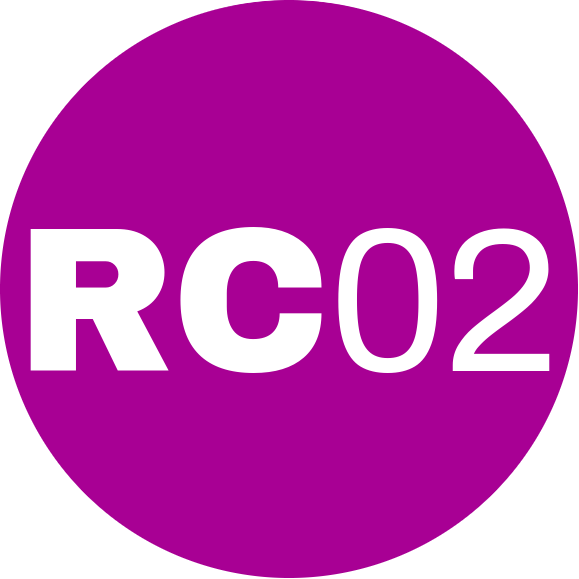SASE 32nd Annual Meeting: Development Today: Accumulation, Surveillance, Redistribution
18-20 July 2020
University of Amsterdam
Mini-Conference: Crisis, Temporality, and Governance
Co-organizers: André Vereta-Nahoum (Sociology, University of São Paulo)
Simone Polillo (Sociology, University of Virginia)
Call for papers
The idea of crisis may be as old as modernity (Koselleck, 2015), but, over the past decade, as crisis texts have become a “veritable industry” (to paraphrase Roitman, 2013: 3), scholars have joined public debate by drawing attention to the conditions of possibility of crisis, its uses and effects (e.g. Appadurai, 2015; Bear, 2015; Mounk, 2018; Przeworski, 2019; Streeck 2017). Following up on this emerging interdisciplinary work on the multiple conceptualizations and practices of crisis, we are interested in two broad and interconnected themes: the relationship between crisis and governance, and the relationship between crisis and time.
The first theme encompasses how crisis works as a political strategy and as a way of governing. Crisis is often associated with critique (Koselleck, 2015), when those who declare a state of affairs to be in crisis do so in the hope of summoning support towards changing the status quo. However, crisis makes it possible to associate a present state of affairs with previous choices, and so it serves to justify the implementation of significant reforms that are presented as exceptional but unavoidable measures – the only solutions to the emergencies. As a result, as Roitman (2013) argues, crisis can also blind critics to the assumptions behind declaring a state of affairs in crisis, to the effects of unexamined questions about what an enacted crisis refers to, and of policy options and shifts that are presented as necessary consequences of the enactment.
The relationship between the practice of crisis, and narratives about what makes a state of affairs normal, conventional, or settled, also hinges on particular assumptions about time and temporality, which is the second theme we want to explore. A crisis declared to be temporary requires different interpretative work and temporal narratives and does different work than a crisis perceived to be more secular or structural; a past crisis can affect interpretations about the present and responses in the form of future developments, but so can the threat of crisis in some more or less distant future. Particular local, regional, and national historical trajectories may also affect how crises are enacted and perceived, and how responses to the crisis are debated and translated into policy. The exceptionality or normalcy associated with a state of affairs considered to be a crisis must be analyzed and critically assessed. Conflicts between different and potentially incompatible time horizons may generate crisis, but also open opportunities for the strategic deployment of crisis in order to shift the balance of power and shape the range of available policy choices.
Within the broader themes of crisis and governance, and crisis and time, exemplary questions we invite participants to consider include the following:
Who has the authority to declare a crisis, and what happens when other powerful agents (whether experts or publics) reject this characterization?
Which material and ideational devices are employed to enact crises, and how does the temporal orientation of crisis vary as a result?
How do particular historical trajectories—punctuated by crises or not—influence the enactment of crises?
Deadline for New Submissions: Friday, January 24, 2020
Guidelines for Submission:
It is possible to submit in two different categories: Individual Papers and Sessions.
To submit an individual paper, you must include an abstract. Abstracts for to mini-conferences should be no longer than 1000 words. All submissions need to include 3 key words.
To submit a session, you must include both an overall abstract for the session and abstracts for each of the 3-4 paper abstracts composing the session. The same word length applies to papers within sessions as does to individual paper submissions.
Attention
No author may present more than two papers, regardless of whether the papers have co-authors.
No paper may be submitted twice to different Networks or Mini-Conferences.
The deadline for submitting abstracts to all Networks and Mini-Conferences is Friday, January 24, 2020.
Acceptance notifications will be sent by Tuesday, February 18, 2020.
To see the details of the submission process prior to beginning a submission click here.
Submissions can be made in English or Spanish, but please note that SASE's principal working language is English. Paper submissions in Spanish will be transferred to the Spanish language network unless otherwise specified by Network or Mini-Conference organizers.
More info can be found here: https://sase.org/events/conference-submission-and-award-guidelines/

